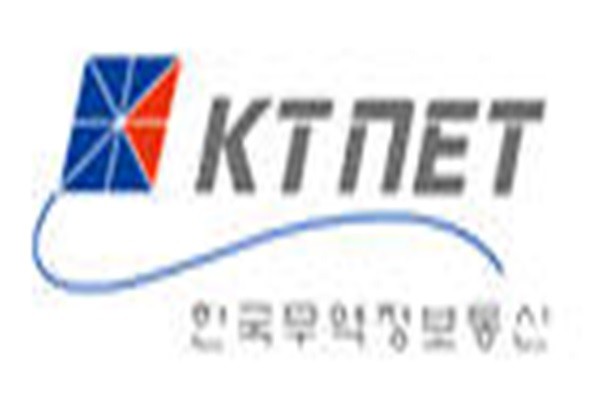South Korea’s electronic trade system will be exported to Peru. This trade system has secured a bridgehead to South American market after pioneering South-East Asian market. South Korea’s electronic trade system is distinguishing itself within developing countries that are quick to start using electronic trade and distribution platform.
KTNET (CEO Kim Yong-hwan) announced that it will export its electronic trade system to Peru. This is the first export of South Korea’s electronic trade system to South American country after South Korean Government and Peruvian Government exchange a MOU (Memorandum of Understanding) 6 years ago to establish an electronic trade system in Peru.
Electronic trade system utilizes internet and information system and supports processing of trades without limitation to space and time. In a virtual space, exporters post electronic inventories while importers request purchase and consult about transactions and sign off on contracts at the same time.
KTNET, which was established by 100% investment from Korea International Trade Association (KITA) based on Electronic Trade Promotion Act in 1991, is a national electronic trade business. It has contributed to reducing more than $5.35 billion (6 trillion KRW) in trade cost annually by establishing and operating electronic trade systems. It converted 875 types of government to business, business to business, domestic to foreign documents on imports and exports into electronic documents.
It processes 380 million cases of electronic documents annually non-stop. It is also working on establishing ‘One Single Window’ that combines e-commerce to trade, distribution, and customs to implement digital trade platform. South Korean companies that moved into Trade Korea and K-Mall 24 will also try to advance to Peruvian market at the same time.
“Export of our system is not just a way for us to obtain foreign currency, but it is a diplomacy that transfers our system, culture, experience, and knowhow.” said CEO Kim Yong-hwan of KTNET. “It is a field that absolutely needs interests and support from South Korean Government.”

KTNET exported its electronic trade system to a South American country for the first time based on its knowhow in electronic trade system and its experience in export to 30 countries. This export is part of the first step of Peruvian Government’s national electronic trade system establishment project (VUCE 2.0) that Peruvian Government is investing $60 million until 2023.
Until November of 2019, KTNET will automate tasks for identifying requirements and establish platforms such as E-Market Place. It will also perform development of ERP system, consulting, and tasks to improve electronic trade environment.
KTNET is also planning to export ‘One Single Window’ to nearby countries such as Chile and Columbia. By carrying out perfect performance in this project as well, KTNET is planning to actively participate in follow-up work of VUCE 2.0.
“This project would have been difficult without active support from KOICA (Korea International Cooperation Agency) and South Korean Government’s grant program.” said CEO Kim. “We are going to work on exporting our product to members of Pacific Alliance in which South Korea is pushing to become an associate member of.”
KTNET is working on exporting its electronic trade platform and solution to developing countries in Asia, South America, and Africa based on its experience and knowhow. In May, it won a bid to an international appointed competitive tender put out by Malaysia’s DagangNet after beating out AXWAY from France.
So far, KTNET had exported $55.4 million (62.2 billion KRW) worth of products to 10 countries such as Mongolia, Tanzania, and Rwanda. When solution and consulting are included, it has exported $57.9 million (65 billion KRW) worth of products and services to 30 countries.
Staff Reporter Park, Jungeun | jepark@etnews.com